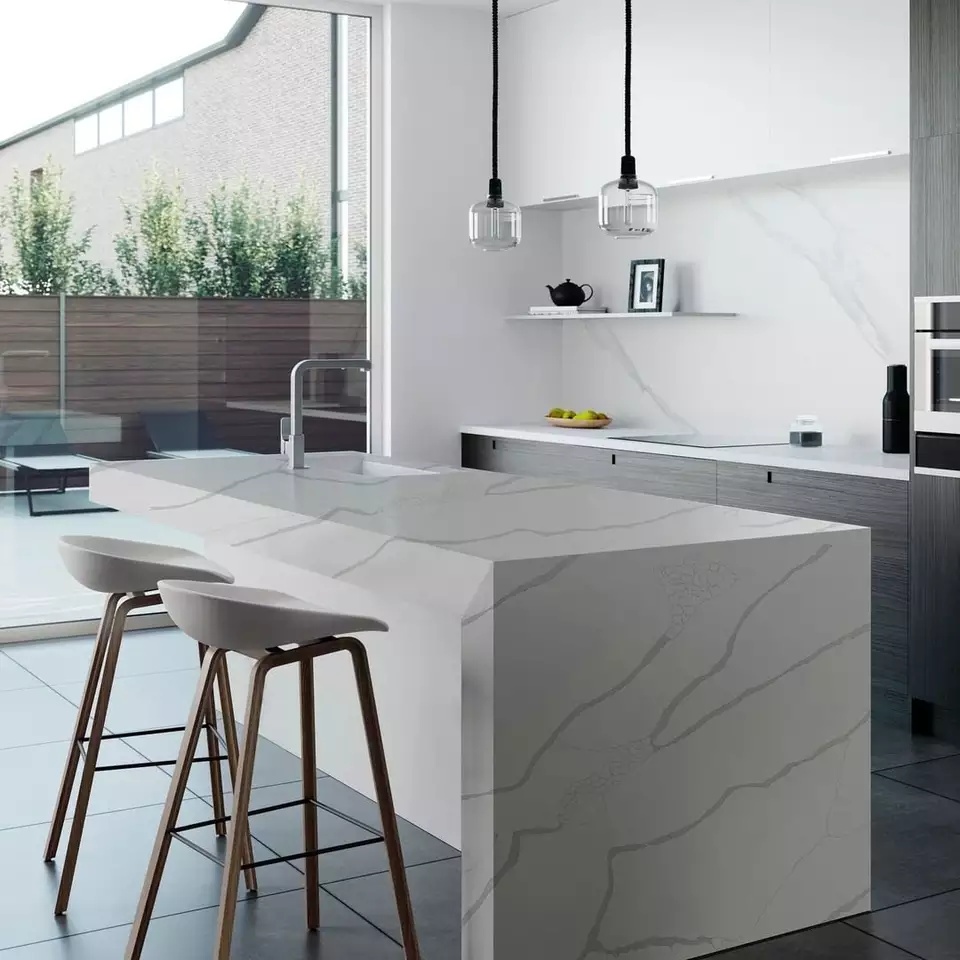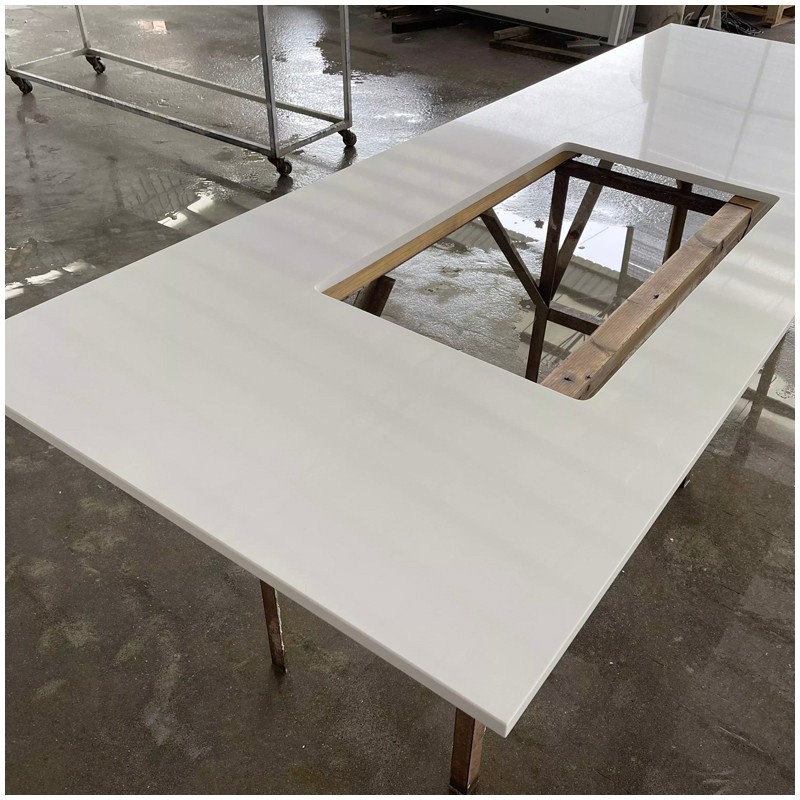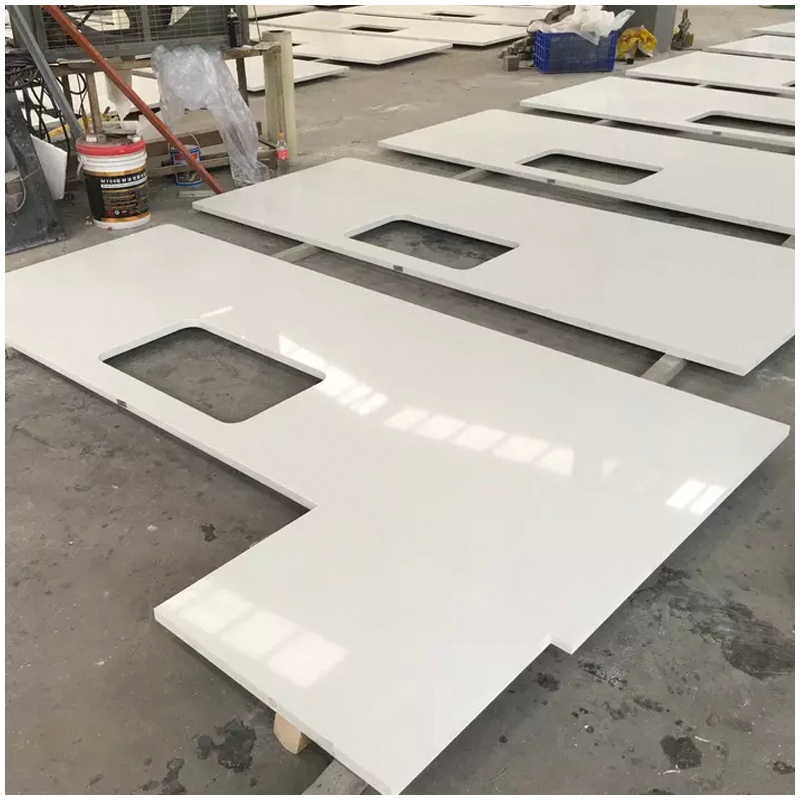It might be difficult to choose from the variety of countertop alternatives available when choosing the ideal countertop for your house. Quartz and marble are two common materials that have different qualities and properties. But what sets them apart from one another?
Definition and defining traits
Natural stone extracted from mountains all around the world includes marble. It has a characteristic veining pattern and is largely made of calcium carbonate. Marble is frequently seen in luxurious homes and structures because of its famed beauty, elegance, and refinement. However, marble needs to be sealed often to stop stains and scratches because to its porous nature.
On the other side, quartz is a synthetic stone consisting of powdered quartz, resin, and coloring agents. It is a popular option for busy kitchens and bathrooms since it is non-porous and has a great resistance to scratches and stains. Unlike marble, quartz is accessible in a broad range of hues and patterns, from traditional white to vibrant colors and patterns.
Applications and Benefits
Marble countertops instantly improve the appearance of any kitchen or bathroom and have a timeless charm. They can endure small cracks and scratches and are heat-resistant, making them perfect for baking and frying. Marble’s attractiveness for homeowners that emphasize sustainable living is increased by its eco-friendliness and recyclable nature.
On the other hand, quartz countertops are incredibly robust and simple to keep clean. They are perfect for locations with heavy traffic because they are non-porous and don’t need to be sealed. Additionally, quartz resists the formation of microorganisms, making it a sanitary surface for food preparation. Quartz is also a flexible material that can be produced in a variety of forms and sizes, making it perfect for counters that are specially created.

Differences and Similarities
Quartz and marble countertops are both durable materials that, with the right maintenance, may last for decades. They can both endure high temperatures and are both heat-resistant. Additionally, these materials have a wide range of uses, including flooring tiles, bathroom vanities, and kitchen counters.
But the biggest distinction between them is how long-lasting and upkeep-free they are. Marble needs frequent sealing to keep it from being stained, scratched, or chipped. Contrarily, quartz is quite resistant to these problems and doesn’t need sealing or extra maintenance.
Conclusion
The ideal countertop material should be chosen based on personal desire, financial constraints, and practicality. Marble countertops provide a classic elegance and unmatched natural beauty. Quartz countertops, on the other hand, come in a variety of colors and designs and are durable and minimal maintenance.
The decision between marble and quartz ultimately comes down to balancing the benefits and drawbacks of each material and selecting the solution that best matches your needs and way of life.
Related Products





